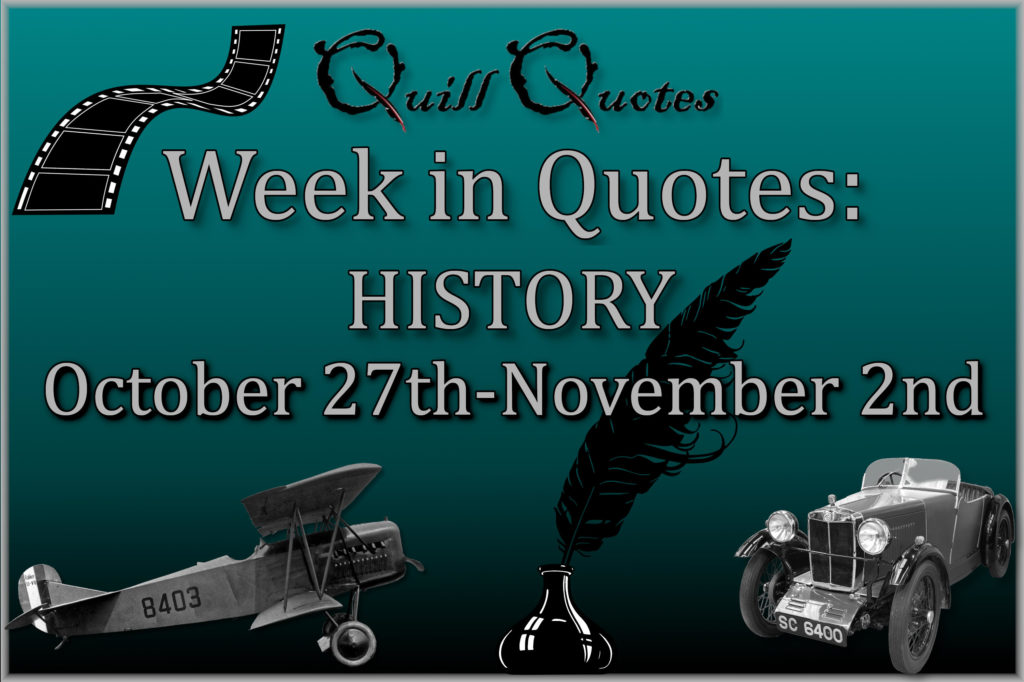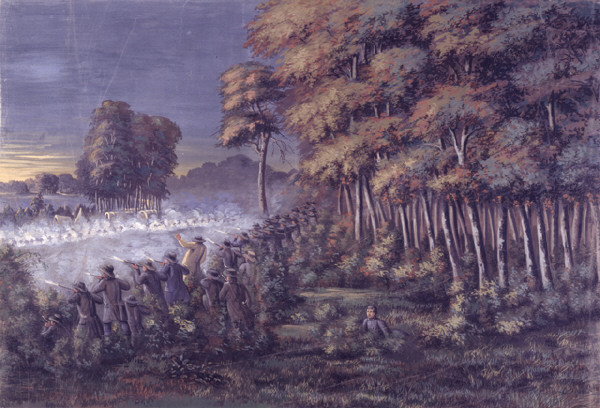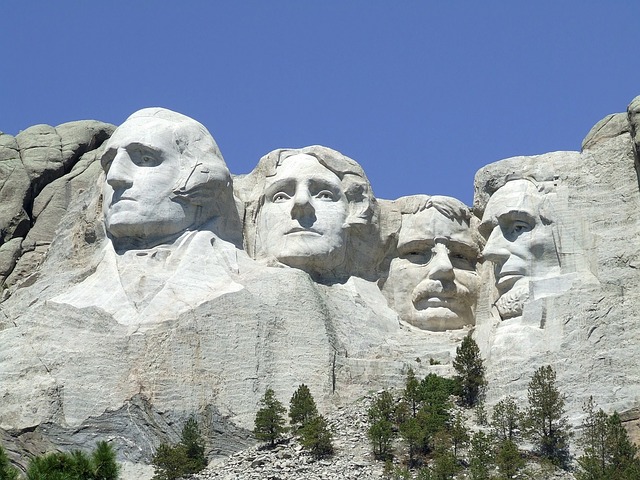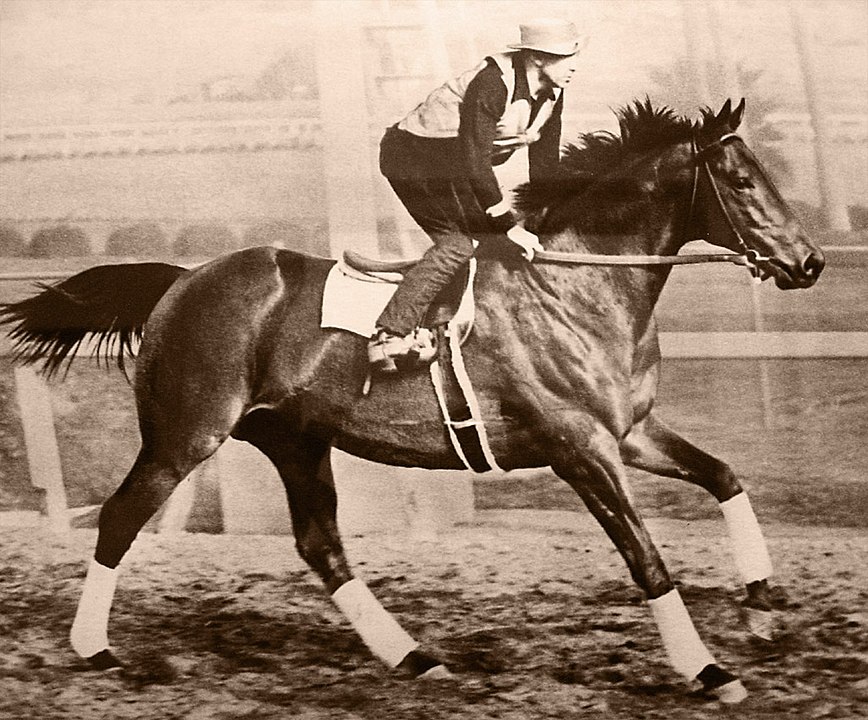There is always much to learn from quotes and their historical significance. Read on for a collection of quotes and general history from October 27th – November 2nd.

October 27, 1838
“The Mormons must be treated as enemies, and must be exterminated or driven from the state if necessary for the public peace—their outrages are beyond all description.”
– Governor of Missouri Lilburn Boggs
Missouri Executive Order 44 was issued on October 27, 1838, requiring all Mormons to leave the state or be exterminated. Due to the language used, it is often referred to as the “Extermination Order”. The order came in response to the Battle of Crooked River where Mormon forces attacked a Missouri State Militia unit to rescue three Mormon prisoners during the 1838 Missouri Mormon War. Mormon leaders surrendered on November 1st at Far West and General John Bullock Clark gave them until the end of the season to leave Missouri. Most Mormons left for Illinois immediately. The unconstitutional nature of the Extermination Order was not acknowledged until 1976 when Governor Kit Bond rescinded it and apologized on behalf of the State of Missouri.

October 28, 1919
“No person shall manufacture, sell, barter, transport, import, export, deliver, or furnish any intoxicating liquor except as authorized by this act.”
– National Prohibition Act
Despite President Woodrow Wilson’s veto, the National Prohibition Act was passed on October 28, 1919. The 18th Amendment prohibiting the production, sale, and transport of “intoxicating liquors” was ratified in January 1919, but lacked definitions and penalties which the National Prohibition Act provided. Although written by Wayne Wheeler of the Anti-Saloon League, Andrew Volstead’s promotion of the act in Congress led it to be informally called the Volstead Act. While well-intentioned, the act led the alcohol business to be taken over by criminal organizations. With the amount of money involved, enforcement was difficult and the act was eventually repealed by the 21st Amendment in 1933.

October 29, 1956
“Between 1945 and 1965, the number of colonial people ruled by the British monarch plunged from 700 million to five million. In 1956, just three years after the coronation, the Suez canal crisis and Anthony Eden’s humiliation ended all notions that Britain was a world superpower.”
– Kate Williams
On October 29, 1956, Israel invaded Egypt beginning the Suez Crisis. Great Britain and France soon followed, aiming to regain control of the Suez Canal for shipping between the Mediterranean and Red Seas. Despite Israel, France, and Britain achieving many of their military objectives, Egyptian forces managed to sink all the ships in the canal blocking traffic until March 1957. Furthermore, political pressure from the United States, the Soviet Union, and the United Nations forced the three invaders to withdrawal. As a result, British Prime Minister Anthony Eden resigned. According to many historians, the crisis “signified the end of Great Britain’s role as one of the world’s major powers”.
October 30, 1938
“This isn’t a war,” said the artilleryman. “It never was a war, any more than there’s war between man and ants.”
– H.G. Wells, The War of the Worlds
On October 30, 1938, a radio broadcast adaptation of H.G. Wells’ “The War of the Worlds” panicked many listeners. The story was told as if it were breaking news, leading listeners who missed the introduction to believe Martians were truly invading. As part of The Mercury Theatre on the Air series, there were relatively few listeners, so the scale of the panic is often debated. One theory holds that the newspaper industry sensationalized the story in an attempt to discredit radio, which had gained advertising revenue at the expense of newspapers throughout the Great Depression.

October 31, 1941
“If every senator looks into the mirror and sees a future president, then every president looks into that same mirror and sees himself on Mount Rushmore.”
– Richard Cohen
Construction of the Mount Rushmore National Monument in the Black Hills of Keystone, South Dakota ended on October 31, 1941. The 60-foot (18 m) sculpture depicts the heads of Presidents George Washington, Thomas Jefferson, Theodore Roosevelt, and Abraham Lincoln. As four of the United States’ most influential presidents, they represent the nation’s birth, growth, development, and preservation. Construction began in 1927 and originally planned to sculpt the presidents from head to waist. However, lack of funding forced construction to stop with only the faces completed, as Mount Rushmore is known today.

November 1, 1938
“George Woolf always said he never had more fun on a racehorse than he did that day in 1938 at Pimlico, when Tom Smith, the horse’s trainer, lifted Woolf aboard Seabiscuit for the big match race against War Admiral.”
– William Nack, Sports Illustrated
On November 1, 1938, Seabiscuit won one of the greatest horse races in history while ridden by George Woolf. Defeating 1937 Triple-Crown winner, War Admiral, by four lengths at Pimlico Race Course, Seabiscuit became an unlikely champion. Voted 1938 American Horse of the Year, Seabiscuit was a symbol of hope to many Americans during the Great Depression. In fact, Seabiscuit remains popular today as the subject of numerous books and movies!

November 2, 1932
“The machine-gunners’ dreams of point blank fire into serried masses of Emus were soon dissipated. The Emu command had evidently ordered guerrilla tactics, and its unwieldy army soon split up into innumerable small units that made use of the military equipment uneconomic. A crestfallen field force therefore withdrew from the combat area after about a month.”
– Dominic Serventy, ornithologist
On November 2, 1932, the Great Emu War began between the Australian military and the emu population. Emus are large flightless birds indigenous to Australia which had become a nuisance to farmers. Armed with Lewis guns, an early machine gun, the military sought to quickly reduce the emu population in Western Australian farmland. However, as soon as they opened fire, the birds quickly scattered into small groups making the military’s efforts largely ineffective. After little more than a month, the Great Emu War, as the media had dubbed it, ended in defeat. On December 10th, the military was recalled with the emu population little changed. Eventually, a bounty system was able to get the emu population under control, with more than 50,000 bounties claimed in 1934.
In case you missed last week’s quotes, see History October 20th – 26th.
To never miss a Quill Quotes post, please subscribe via email and/or follow us on social media!
Mount Rushmore is amazing! There is a great museum explaining how they carved the president’s. If visit there must go to Crazy Horse too it’s still in progress so very cool to see.
I haven’t been to Mount Rushmore but will have to visit someday! Crazy Horse also sounds very cool.